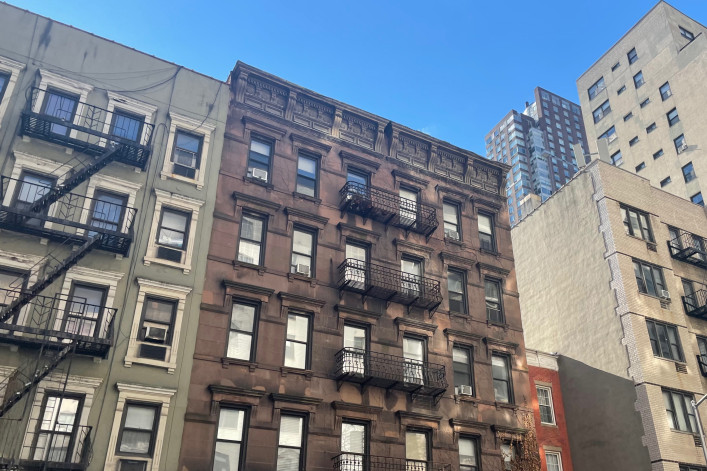

Your landlord can choose not to renew your lease if it's not your primary residence.
One of the many advantages of living in a rent-stabilized apartment in New York City is an automatic lease renewal. Unlike market-rate apartments, landlords of stabilized units are required to offer you a one- or two-year lease renewal—in most cases.
What would make an owner decline to renew a lease? Usually it comes down to violating the rules, for example—illegally subletting the unit. In rare situations, your landlord can also choose not to renew your lease if they want to take over the apartment for a family member.
The (somewhat) good news is that if your lease isn’t being renewed, your landlord must give you advance notice, and the length of time depends on how long you’ve lived there.
Keep reading for three reasons your landlord can decide not to renew the lease for a rent-stabilized apartment.
Just like a market-rate apartment, you can be evicted from a rent-stabilized apartment if you break the terms of your lease. A common violation is not living in a rent-stabilized apartment full time. The apartment must be your primary residence—meaning where you live for at least half of the year— even if you own property elsewhere, according to the city’s Rent Guidelines Board.
You can also be evicted for breaking other terms of your lease like smoking in a non-smoking building, illegally subletting your apartment, or making renovations without prior approval. Your landlord can also evict you if you don’t allow them to make essential repairs or if you’re behind on your rent, according to the Department of Homes and Community Renewal.
Your landlord can decline to renew your lease because they or their family want to take over your apartment, however there are some important caveats. Changes to the rent laws in 2019 made it harder for owners to take over apartments for their own use. Now, in order to do so, the landlord must have an immediate need to live there and can only terminate a lease on one apartment.
For tenants who are 62 or older, or have a disability, there are additional protections. Your landlord must find you an equivalent (or better) apartment in the neighborhood with the same or lower rent-stabilized rent, Sam Himmelstein, a lawyer (and Brick sponsor) previously told Brick. Thanks to the new laws, this protection was extended to any tenant who has been in occupancy for more than 15 years.
Another reason your landlord might not renew your lease is if they plan to demolish or gut the building. This does not apply if they’re just making minor improvements. They must have plans to demolish the building or completely gut it, says Steven Kirkpatrick, a partner at law firm Romber Debbas. In this scenario, you may be entitled to a stipend to help cover the costs of moving to a new apartment or you might be able to negotiate a buyout.